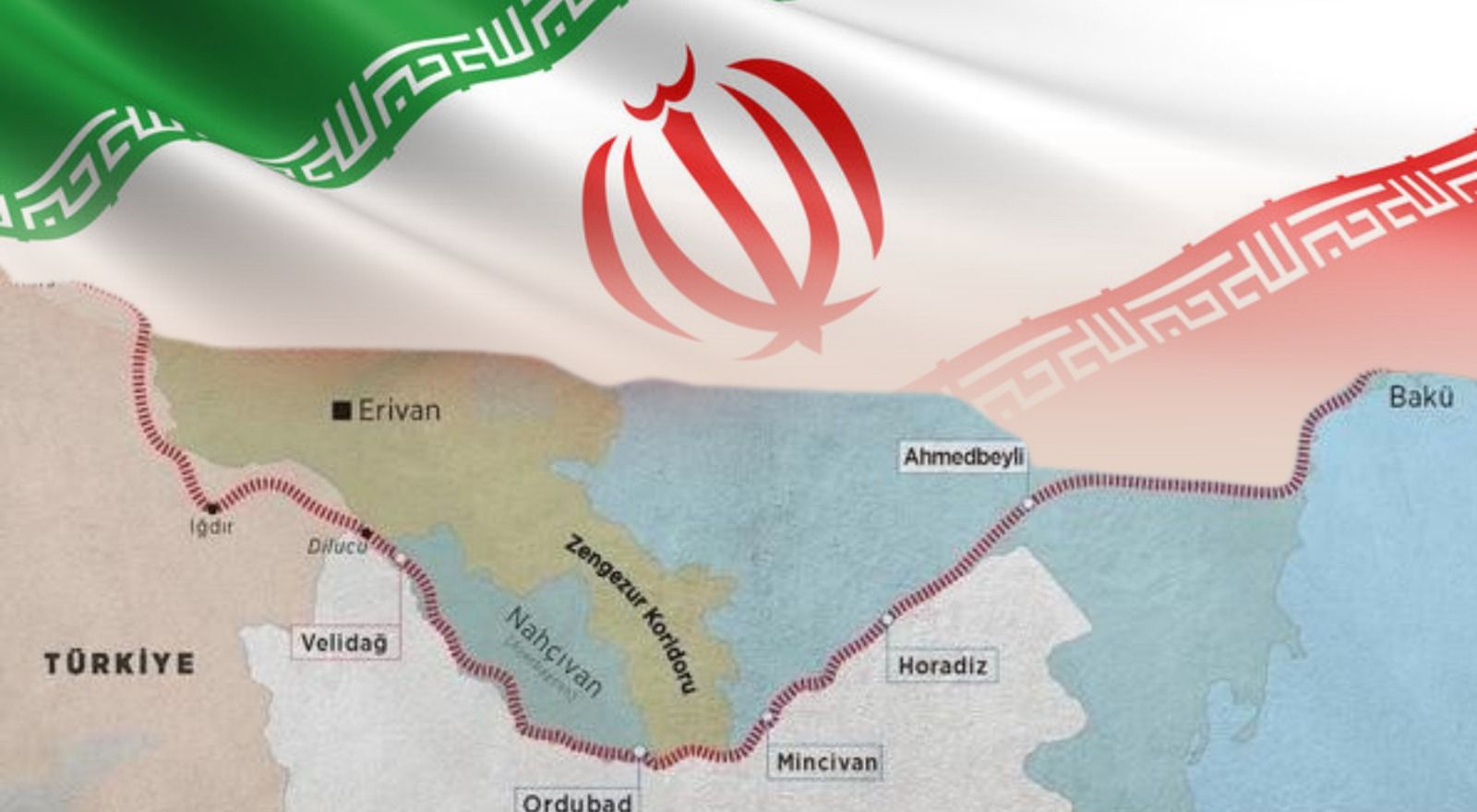Iran's concerns of Zangazur Corridor: Complex conundrum in S Caucasus

The global community largely supports the opening of the Zangazur Corridor, which would connect mainland Azerbaijan to Nakhchivan through Armenia. The Zangazur Corridor is indeed a strategically important road, however, its main purpose is to connect the mainland to Nakhchivan, which has been in a state of blockade for more than 30 years.
However, Iran's rigid stance against Zangazur has been preventing a direct solution to the issue in the region for a long time. Just this time, official Tehran vented its anger about Zangazur on the official Kremlin as notably, Russia backed the opening of this route, emphasizing its strategic and economic importance to the West, Europe, and even itself. Despite this, Iran is pressuring Russia over its support, summoning Russia's ambassador to Tehran, Aleksey Dedov, to express concerns. Mujtaba Demirchilu, head of the Main Directorate for Eurasian Affairs of Iran’s Ministry of Foreign Affairs, stated, "Iran is against any geopolitical change in the defined borders of the region."
Iranian diplomats have criticized Russia's stance, suggesting that opening the Zangazur Corridor would cut off one of Iran's key routes to Europe. Armenian Deputy Foreign Minister Mnatsakan Safaryan mentioned the potential for private security companies to manage future transport connections between Azerbaijan and Armenia, which remains a sovereign issue between the two states. However, Iran's interference raises questions: Why is Tehran, as a third party, intervening so strongly?
Sadraddin Soltan, Chairman of the Middle East Research Center, spoke to Azernews about Iran's underlying motives. He believes that Tehran tries to mask its true concerns with vague statements, such as being "against any geopolitical change in the defined borders." He argues, "How does the opening of this corridor violate the territorial integrity and sovereignty of Armenia? Official Baku has repeatedly stated that it does not make territorial claims against any country. This means the opening of the Zangezur corridor will not cause problems on the territory of Armenia."
Soltan points out that Armenia could benefit significantly from the Zangazur Corridor, connecting with Central Asian countries, China, and even India for trade. However, Iran fears that Western powers—NATO, the USA, and the EU—might use this route, potentially bypassing Iran-controlled key trade passages like the Strait of Hormuz and the Suez Canal.
Currently, Iran influences trade routes through the south, such as by supporting the Houthis in Yemen, which can threaten the Asia-Europe trade route through the Red Sea. The Zangazur Corridor, however, would fall outside Iran's sphere of influence, diminishing its leverage over regional trade. Soltan emphasizes that Iran, therefore, opposes the corridor to maintain its geopolitical influence.
The expert also noted that Iran is worried about the possibility of delegating the security control of the future transport connections between Azerbaijan and Armenia to private security companies.
"It can be assumed that Armenia is attracting a new force or a new military force to its country and the South Caucasus under the name of a security agency," he says. Iran's fears are further fueled by its traditional ally, France, possibly taking a leading role.
Soltan mentions that Heshmatollah Falahatpishe, a former member of the National Security Commission of the Iranian Parliament, called this situation a "friendship trap," suggesting that Russia is opting out of controlling the route in favor of private management, which Tehran sees as a betrayal. Soltan explains, "Under these conditions, Iran is not only deprived of the opportunity to control and use the Zangazur road, even indirectly, it will not even be able to have a chance to control this corridor."
---
Follow us on Twitter @AzerNewsAz
Here we are to serve you with news right now. It does not cost much, but worth your attention.
Choose to support open, independent, quality journalism and subscribe on a monthly basis.
By subscribing to our online newspaper, you can have full digital access to all news, analysis, and much more.
You can also follow AzerNEWS on Twitter @AzerNewsAz or Facebook @AzerNewsNewspaper
Thank you!

